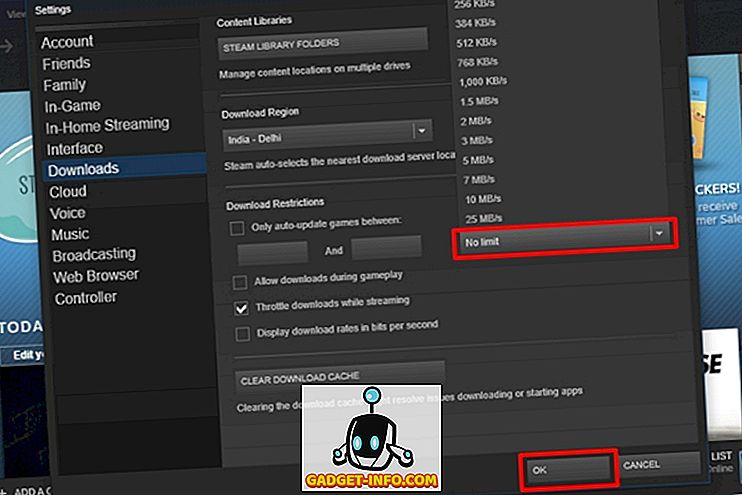

If you can’t afford a large SSD, you can also use lvmcache and set up the SSD to act as a read cache for the rotational disk. SSDs are quicker and if you use RAID, you can improve things even further. If you have mechnical drives, this can be slow, and if you’re reading from different areas of the disk, this will slow things down further. If the files aren’t cached in memory, the OS will need to read it from the disk. Linux is great in that it will cache in memory any files accessed from disk, so if someone accesses the same files multiple times, and they haven’t changed, those files will be served from memory, which is very quick. You mentioned storage, how fast does my storage need to be?Īs fast as possible. Realistic performance you can expect from the cache depends on all of these things. You can read the files from disk at 10gbps.

Your network switch, network card in the cache server and PC network are 10gbps.You have already downloaded the content and it is on your cache server.So can I really get 10gbps downloads for my games? Once it’s been downloaded, if user B downloads Team Fortress 2, it will be served up from your cache server at the maximum speed it can read the files from storage. If user A downloads Team Fortress 2 on Steam, it will download at the speed of your Internet Connection and stored on the cache server. If you have multiple computers sharing one Internet connection, you would see a benefit to it. It would speed up downloads if you removed the game and then re-installed it. It won’t speed up your downloads of new content. If you just have a single PC and you download games to it once, you probably won’t see any advantage or benefit from using the cache.

We need to be able to cache files for a long period of time, rewrite upstream HTTP headers and to be able to exclude the hostname of the server from the cache key, to allow us to cache content served from Content Delivery Networks (CDNs) Should I use this then? We chose nginx as it offers the flexibility we need to overwrite cache keys and optimise the cache performance to cope with gaming update traffic. HTTP caches are not a new thing, many businesses and organisations such as universities and schools have been running them for a while, however they are normally intended for caching traditional web traffic with short caching lifetimes and small files. This doesn’t sound very new or original, we’ve been using caches for years We are able to intercept these download requests and save them, so that if another request is made for the same file, we don’t need to download it again from the Internet. Most game and content updates use unsecured HTTP for downloading the content. The Cache works as a simple caching proxy server. A Steam Cache or LAN Cache is a way of speeding up Steam or other content downloads on a local area network for multiple users.


 0 kommentar(er)
0 kommentar(er)
